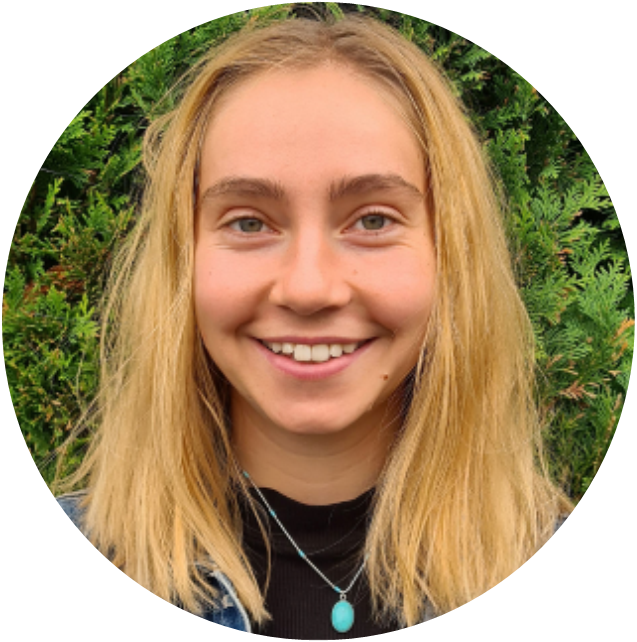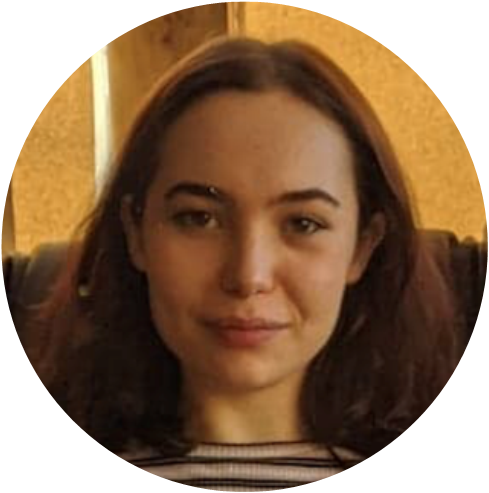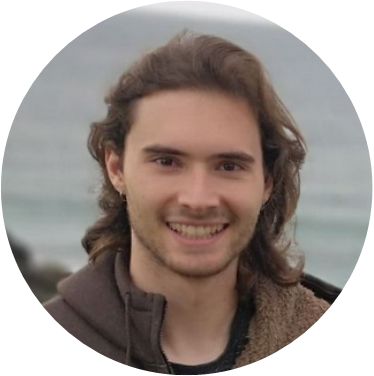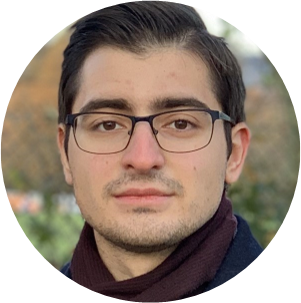2020/21 Cohort
-
Sophie Engineer
Photonic Resources for Quantum Metrology and Quantum Thermodynamics
Sophie graduated from the University of Bristol in 2020 with an MSci in Mathematics. Her master’s project investigated the phenomena of Anderson Localisation in one-dimensional impurity models using computational methods alongside theoretical analysis. During her degree she was introduced to Quantum information theory and Quantum computing and quickly realised she wanted to pursue a career in the subject. Coming from a theoretical background, she cannot wait to explore the labs and expand her skillset. Her current research interests lie in simulations and algorithm design but she recognises that the diversity of knowledge she will learn in the first year of the CDT may well change that. Besides studying, she enjoys upcycling and creating her own clothes as well as other crafts, cycling and yoga. -
Carys Harvey
Quantum Tensor Networks for Material Design and Probabilistic Modelling
Carys graduated in MPhys from the University of Manchester. Her masters year research focussed on the modelling of open quantum systems using open quantum walks with application to quantum algorithms and networks. She interned at quantum software start-up Riverlane where she applied her knowledge to optimizing algorithms for the NISQ era. She is strongly interested in quantum information and in particular quantum computation but looking forward to exploring all that quantum engineering has to offer! Carys enjoys dabbling in music and art, long walks, and mixed martial arts. -
Anthony Thompson
Chaos and Scrambling in many-body quantum systems
Anthony has recently graduated with an MSc in Mathematics and Foundations of Computer Science at the University of Oxford where he mainly focused on pure mathematics, his thesis was on the representation theory of quantum groups. Prior to that he studied Mathematics and Philosophy at the University of Bristol. Anthony is mainly interested in connections between pure mathematics and the theoretical aspects of quantum computing, such as algorithms and error-correcting codes. However, he is also keen to learn as much as he can about the more applied and practical side of quantum computing. -
Zhulien Zhelezchev
Quantum Programming Languages and Compilers
Zhulien graduated from the University of Leeds in 2020 with a BSc in Computer Science. He did a placement year at Intel where he worked as an R&D engineer working on a new Intel spatial architecture as part of the 5G Architecture and Systems Engineering team within the Network Platforms Group. His main research interest is quantum programming languages.



